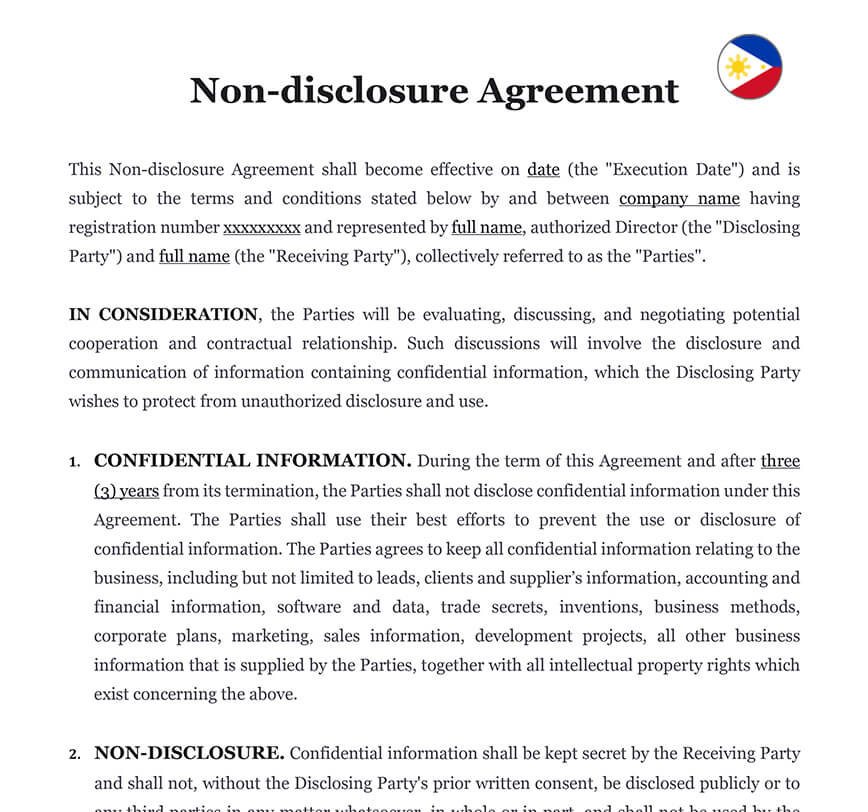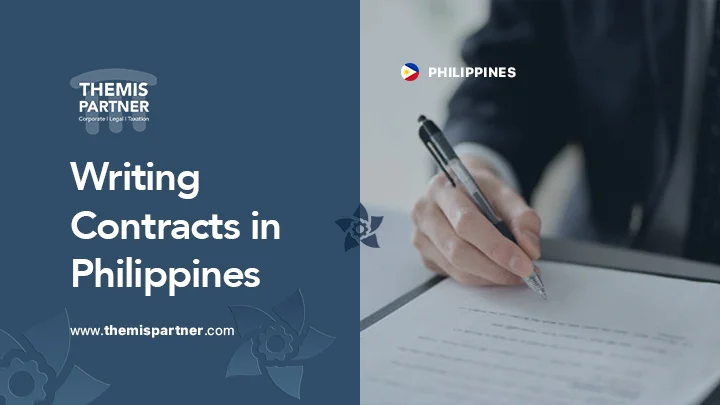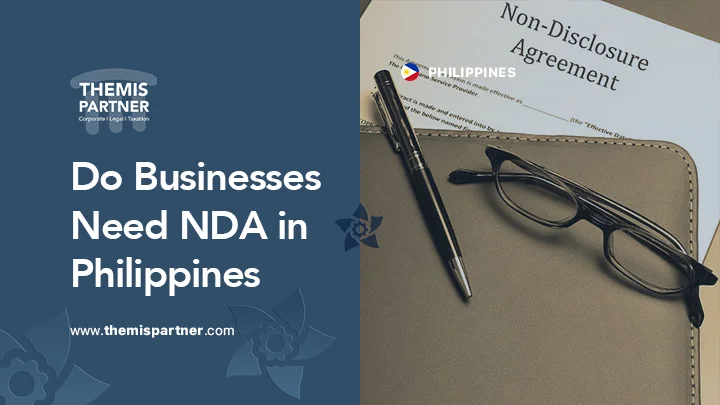What is considered confidential business information under Philippine law?
In the Philippines, the Data Privacy Act of 2012 (DPA) is the primary law that governs the protection of confidential information. The DPA requires organizations to implement appropriate security measures to protect personal data against unauthorized access, use, or disclosure. The National Privacy Commission (NPC) is the regulatory body responsible for enforcing the DPA and ensuring compliance with its provisions.
Under the DPA, organizations are required to appoint a Data Protection Officer (DPO) who will oversee the organization’s compliance with the law. They are also required to conduct regular risk assessments to identify potential vulnerabilities in their data protection policies and procedures.
In addition, the DPA mandates that organizations obtain the consent of data subjects before collecting, using, or disclosing their personal information. Organizations must also provide clear and concise notices to data subjects about how their personal data will be collected, used, and shared.
Organizations must take appropriate measures to safeguard confidential business information during storage, transfer, and disposal. This includes implementing technical, physical, and administrative security measures to prevent unauthorized access, alteration, or destruction of personal data.
What are the legal and regulatory requirements for protecting confidential information in the Philippines?
In the Philippines, the main legal framework for data privacy is the Data Privacy Act of 2012 (DPA), which outlines the requirements for protecting confidential business information in the country. The DPA mandates that all entities processing personal data, including confidential business information, must implement appropriate organizational, physical, and technical measures to ensure the security of the data.
Additionally, the National Privacy Commission (NPC) was created under the DPA to oversee the implementation and enforcement of the law. The NPC is responsible for developing policies, guidelines, and standards related to data protection and privacy, and has the power to impose sanctions on entities that violate the law.
Other laws and regulations may also apply to specific industries or sectors, such as the Banking Secrecy Law for financial institutions, the Intellectual Property Code for intellectual property rights, and the Cybercrime Prevention Act for cyber-related offenses.
What are the legal and regulatory requirements for protecting confidential information in the Philippines?
Businesses can establish effective data protection policies and procedures in the Philippines by:
| ➤ Identifying and classifying sensitive and confidential data: Businesses must identify and classify the data that requires protection, such as personal information, trade secrets, and financial data. |
| ➤ Creating a data protection framework: Businesses should create a framework that outlines the policies, procedures, and practices for data protection. This framework should also include guidelines for data handling, storage, access, and disposal. |
| ➤ Implementing security controls: Businesses must implement security controls such as access controls, encryption, and firewalls to protect their data. They should also conduct regular vulnerability assessments and penetration testing to identify potential security weaknesses. |
| ➤ Training employees: All employees must be trained on the company's data protection policies and procedures. This includes educating them on how to handle confidential information and how to report any security incidents. |
| ➤ Conducting regular audits: Regular audits should be conducted to ensure compliance with the company's data protection policies and procedures. Any issues or weaknesses should be addressed promptly. |
| ➤ Working with data protection professionals: Businesses can work with data protection professionals, such as lawyers or consultants, to ensure that their policies and procedures comply with local laws and regulations. |












